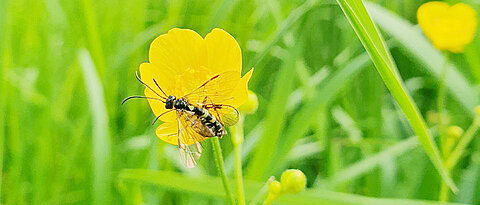
Agriculture's impact on insect diversity is more severe than previously thought, according to a new study from the Julius-Maximilians-Universität Würzburg.
more
Agriculture's impact on insect diversity is more severe than previously thought, according to a new study from the Julius-Maximilians-Universität Würzburg.
more
What measures are suitable for providing better living conditions for insects in typical Franconian landscapes? This question was investigated by a research team from the University of Würzburg. The results are now available.
more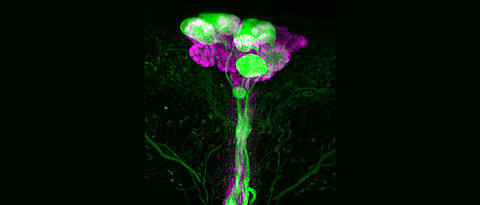
How does the body regulate the activity of insulin-producing cells in order to react quickly to changing conditions? Researchers at the University of Würzburg have investigated this question.
more
Rice is the basis of life for many people. An international research team involving researchers from Würzburg wants to make the plant, which originates from Asia, more resilient to heat and drought.
more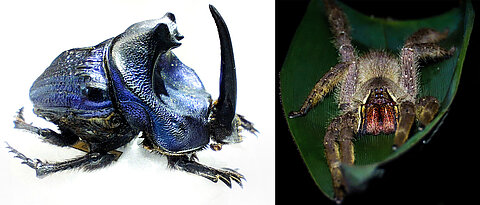
It's not always cosy and warm in the Amazon rainforest: cold waves can cause temperatures to drop drastically. Würzburg researchers have investigated how animals react to this.
more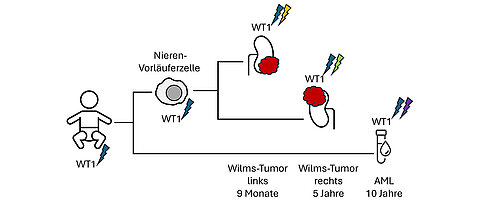
New research shows how cancer develops in children who are predisposed to Wilms' tumor. This could help to predict the development of tumors before they fully form or to develop new, targeted therapies.
more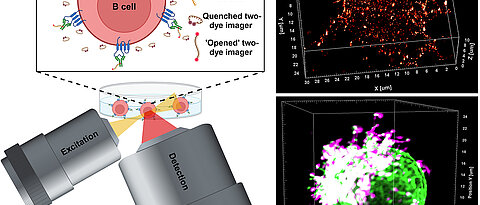
A new look at cancer cells: Würzburg researchers show in the journal ‘Science’ how therapeutic antibodies work – thanks to an innovative method of super-resolution microscopy.
more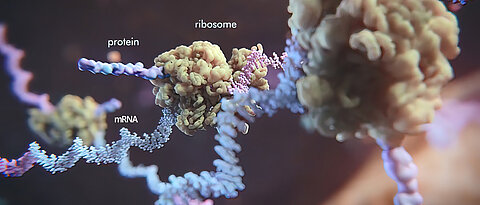
Researchers at the University of Würzburg have discovered a process that breaks down mRNA molecules in the human body particularly efficiently. This could be useful, for example, in the treatment of cancer.
more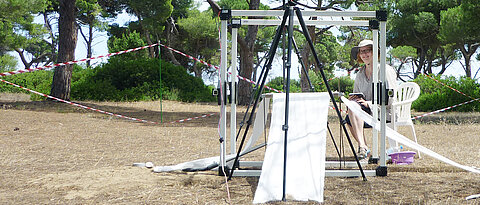
Many animals orient themselves using their sense of magnetism. However, this can be based on different physical mechanisms. A research team from Oldenburg and Würzburg has now investigated the navigation of the desert ant.
more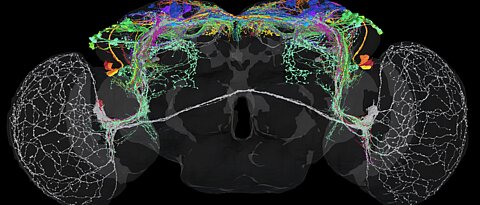
Circadian clocks control physiological processes and behavior in virtually all living organisms. Now an international research team led by researchers from the University of Würzburg has created a detailed map of the internal clock in the brain of the fruit fly.
more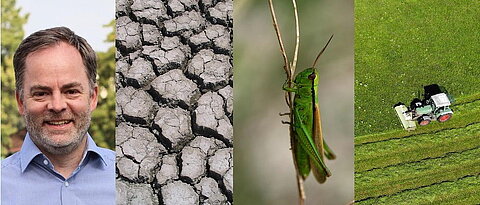
From species’ temperature preferences to the major ecological challenges for society - this range of topics will be covered by Christian Hof's inaugural lecture on 20 November 2024.
more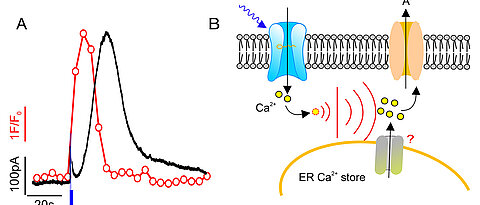
Plants adapt their water consumption to environmental conditions by counting and calculating environmental stimuli with their guard cells. Plant researchers from Würzburg report this in ‘Current Biology’.
more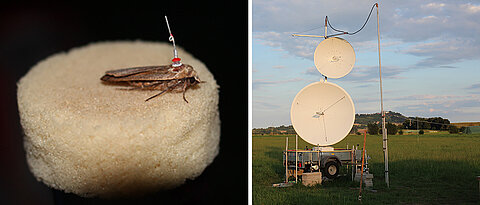
Light pollution is more serious than expected: Moths not only lose their orientation directly under street lamps. Their flight behaviour is also disturbed outside the cone of light.
more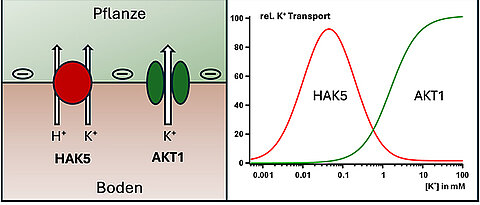
Plants can extract even the smallest traces of the important nutrient potassium from the soil. A team led by Würzburg biophysicist Rainer Hedrich describes how they achieve this in ‘Nature Communications’.
more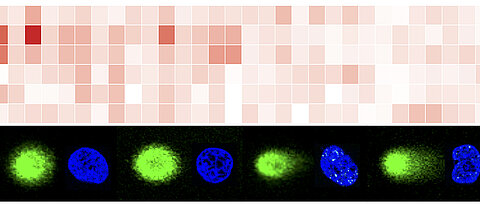
Genome instability can cause numerous diseases. Cells have effective DNA repair mechanisms at their disposal. A research team at the University of Würzburg has now gained new insights into the DNA damage response.
more